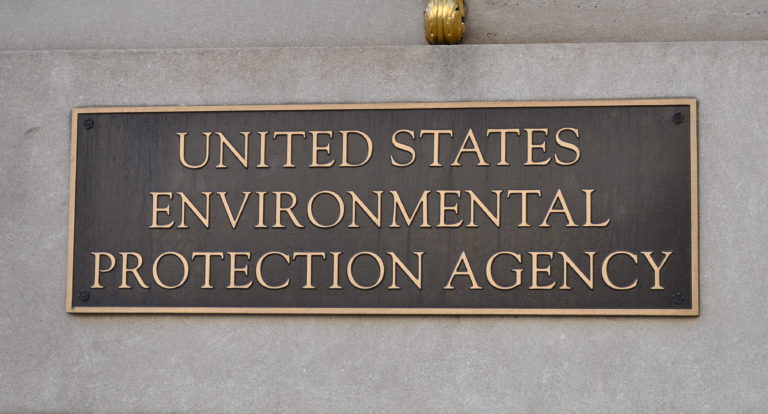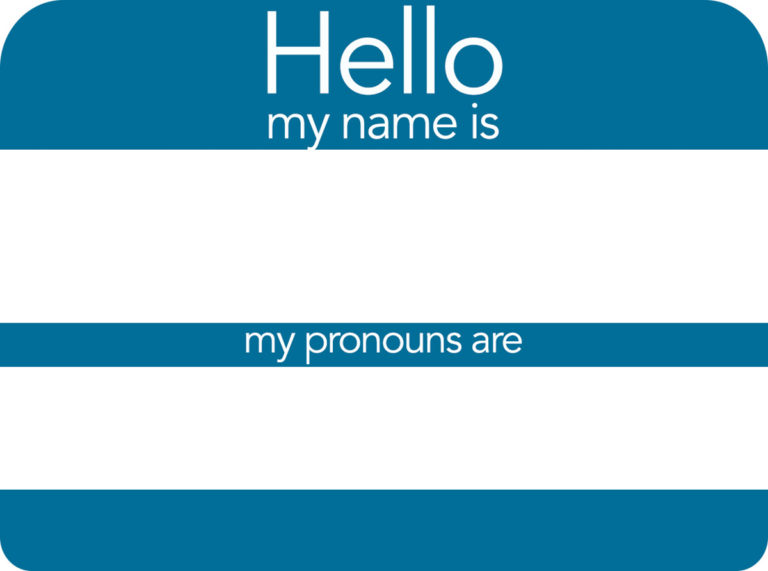East Bay Sanctuary v. Biden
HLLI’s amicus brief underscores concerns about the apparent collaboration between the government and private litigants to sidestep accountability and push through policy changes that might otherwise face hurdles. This tactic, often called “sue and settle” raises constitutional and policy questions and bypasses the normal political process while allowing the executive branch to evade accountability.










